Through the collection of poems, the author has expressed his views through many dimensions of the world, life and fate, leaving readers with the feeling: The smallest things in daily life can also become a source of inspiration in Hoang Xuan's poetry. The most obvious thing is that compassion is one of the main emotions throughout the collection of poems. It is compassion that helps the author listen, observe, feel and in every way share the pain, loss, disadvantage, or even the smallest joys in human life. Let me call that way of behaving "dialogue with compassion".
Not only sympathizing with those who are facing difficulties, misfortunes, and deprivation around him, he also feels the pain that people everywhere experience: The river embraces the father/father embraces the child/waves writhing fate//the rich and poor world of hunger and cold/floods and droughts/war and hatred/the common mourning circle in a strange land (Obsessed). Of course, through thoughts about people, love, life and society, the author can find the sparkling beauty in every moment of life: Your eyes/dewdrops of the windy season/I am a blade of grass/soaked in a dream (Song). Or in the passion of “you and I, the rotation of sand”, the author projects “sand” through a clear, lovely prism: Sand whispers a soft heart/you and the silky sand/sweeter than my heartbeat/fragile sand…you are small/smiling excitedly through the wind//sand and you/heart shaped like the sun/painting the sky with the brush of time (Sand).
Cover of the poetry collection "Nhat dem" by author Hoang Xuan (Nguyen Xuan Hoang) |
However, from that sensitive soul, when facing unprecedented pain and loss, when the whole country and the whole planet are struggling with the Covid disaster, compassion calls out to him: "I am bewildered/deaths without fate/the chessboard of battle/spotted with afternoon streaks" (The Song Not Yet Singed). Not only is he deeply troubled by human misfortune, but his compassion from his soul is always struggling. When standing before the traces of a talented poet, he feels a pang of loneliness and unhappiness: "The road I pass by is a footprint of memories/summer sways/Doc Da whispers a strange wind/Poet is deep in love/the dating poem has not been written/no moon dares to buy or sell/the stone steps linger, falling as you walk/touching the lonely area" (The Statue ). The footprints of the painful memories of that day seem to still be somewhere, on the road up to the hill of the Poet. The author walked and confided in each stone step, his heart touching loneliness as if he felt himself falling as he walked. Clearly, he was conversing with the levels of compassion, both sad and beautiful, heartbreaking.
Dialogue with compassion for the human condition, for the unfortunate and lonely lives… Hoang Xuan has set foot in many lands that still retain many traces of war, in those places he sadly dialogues with admiration and gratitude for the fossilized souls: “Stones soaked in sweat flow into patches of grass/broken like dew drops/names look straight up to the sky/incense smoke curls through rows of ancient trees” (Tra Ang’s Eyes). A special point in “Nhat dem”, the author calmly looks back at memories, dialogues with compassion about his beloved mother. He skillfully uses simple poetic images to convey profound emotions about the fate and sacrifice of a mother, who works hard all her life for her children: “The woman who picks up the night/ mends her child's dreams to be whole//the woman who threads the day/ presses gentle smiles into the pages of a book//the woman who scratches the hillside/ sews each wrinkle//the woman who nurtures the color of the soil/ dries the sunlight//the shadow of the clouds plays with the woman/ plays with loneliness for thirty-six thousand days//I love the woman/like I love the Bible” (Memories).
Writing for his son on his birthday is often an occasion for the author to let his emotions loose, to let his pen run wild. With Hoang Xuan, going back in time, finding each character of the series of days covered in dust and sand, he happily sowed the seeds of sunshine in the schoolyard into his son. Let's listen to him confide in his son: Time traces out characters/the turbulent breath of the wind/filled with dust and sand/father's hand, five joints short and extra//the rhythm of falling on the cliff's side/carrying on his back nine months and ten days/tolerance like fire/father's belt road//the migrating sun across mother's back/time with short and long hair/going and slowing down/the dawn rises//in the distance, the woodpecker is still there/father repented yesterday/and a sunny day in the schoolyard/picking up the red color of a pink heart (Children's Day).
Among those countless thoughts, Hoang Xuan also pondered over the aspirations of many colleagues, who accepted to be "silkworms" without any expectations or bargaining, just because they loved the eyes thirsting for words, loved the life that made them passionate: Silkworms' lives are like leaves/fragile and adrift/carrying words and waiting for their husbands/not bargaining for life/not weaving the sacred colors (Carrying words). On another level, he sadly heard the sighs, the sorrowful groans in the universe, the fading rainbows, so many hopes remaining only in the hazy smoke: Addicted/I choose myself with the shadow/the night of the lunar eclipse/the day the sun reaches the zenith/touching the curve/the rainbow flickering/the groans in the universe/crushing the stars//addicted/dreams/people (Addicted).
The collection of poems also expresses philosophical depth, evoking reflections on human fate, on the meaning of time, on what we have lost and what we have found in life, expressed in the poems: Copy, Abnormal, Rice Flower, Race, Afternoon, Stone Face, Night, Syndrome, Reflection, Thought... Reading the collection of poems, it seems that he tries to "pick up" the fragments of time and space, the painful, silent, fragile moments... to speak on behalf of the lyrical subject, making the reader calm down and reflect. Although it is his first collection of poems, Hoang Xuan has tried to express his ego, through poetic ideas, structure and tone. The language in his poems is quite close, using many images, to express feelings of loneliness and loss, thereby kindling hope in life...
Nguyen Tien Nen
Source: https://baoquangbinh.vn/van-hoa/202504/nhat-dem-su-doi-thoai-voi-long-trac-an-2225653/


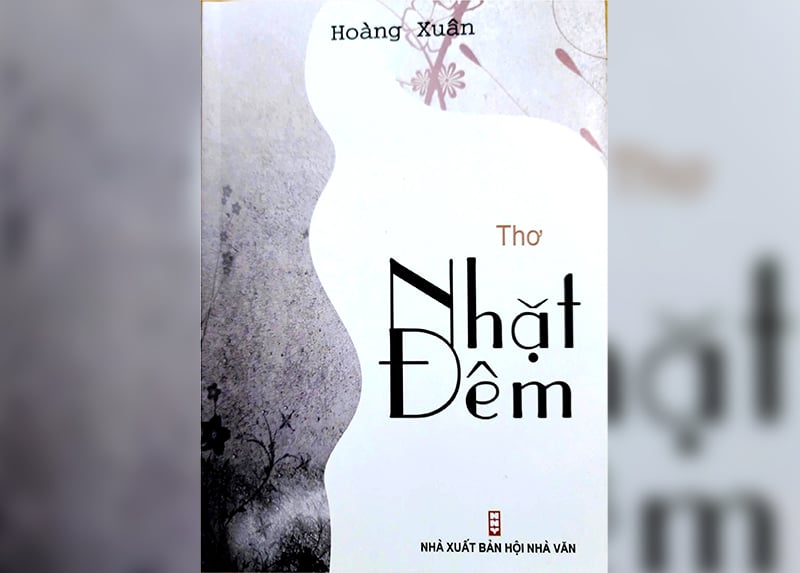



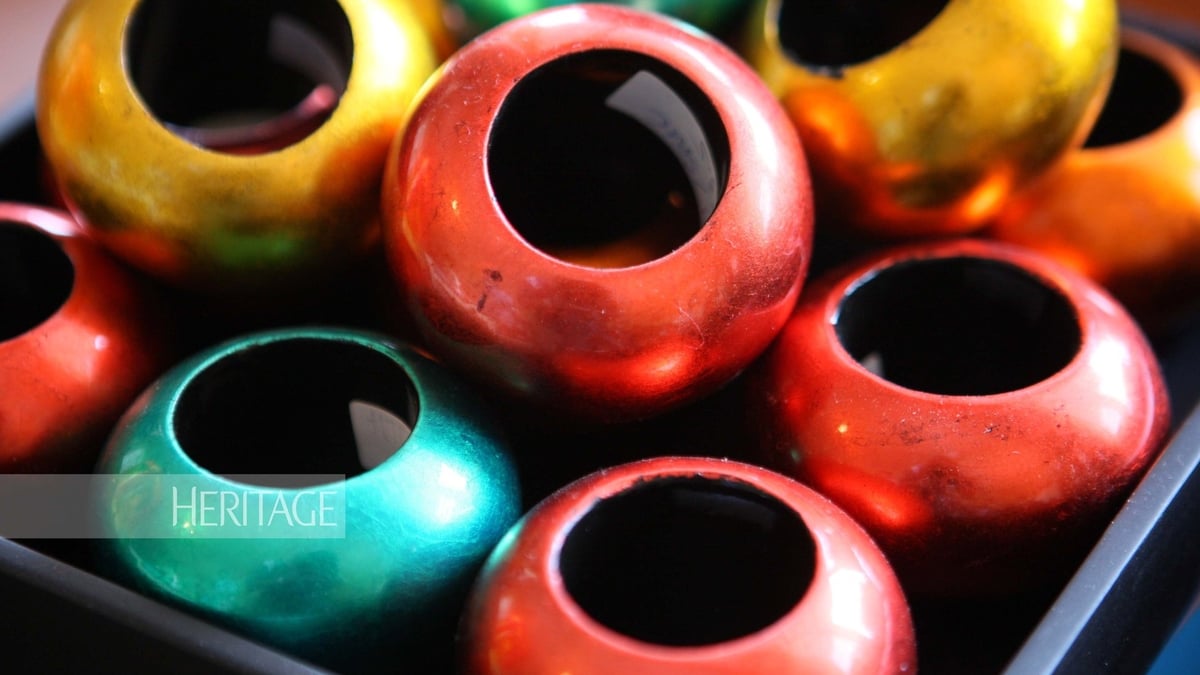


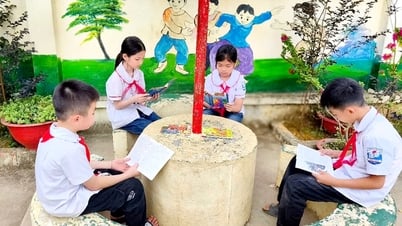
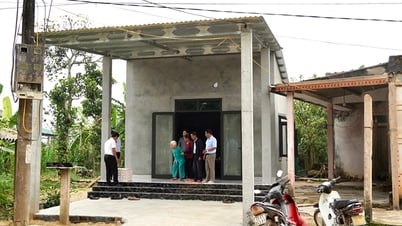














![[Photo] Prime Minister Pham Minh Chinh meets with the Policy Advisory Council on Private Economic Development](https://vphoto.vietnam.vn/thumb/1200x675/vietnam/resource/IMAGE/2025/5/8/387da60b85cc489ab2aed8442fc3b14a)
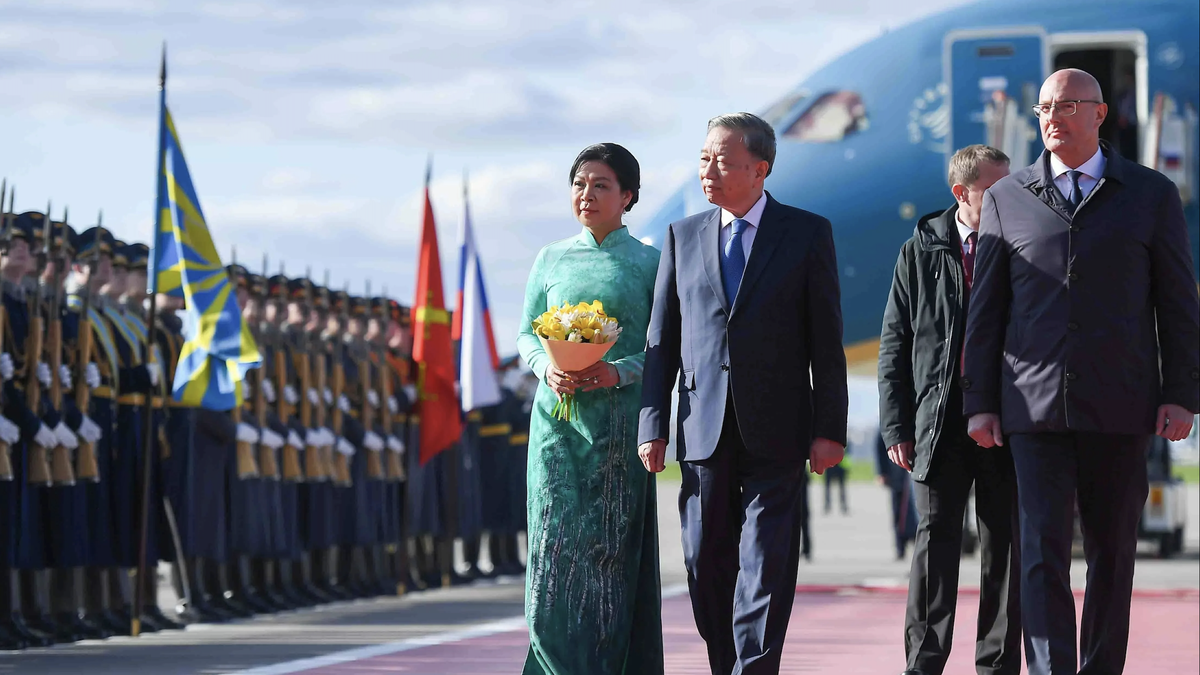

![[Photo] General Secretary To Lam begins official visit to Russia and attends the 80th Anniversary of Victory over Fascism](https://vphoto.vietnam.vn/thumb/1200x675/vietnam/resource/IMAGE/2025/5/8/5d2566d7f67d4a1e9b88bc677831ec9d)








































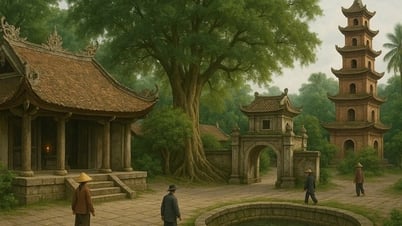




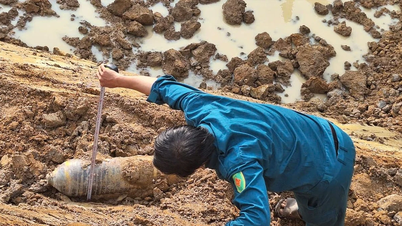





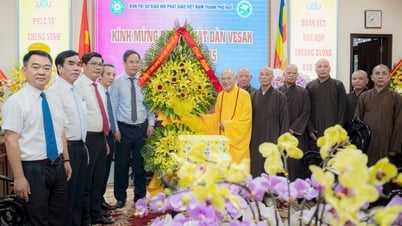
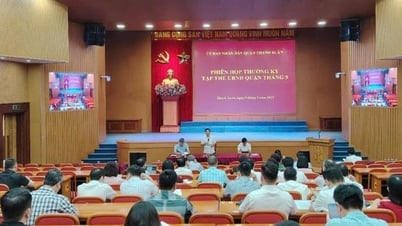












Comment (0)